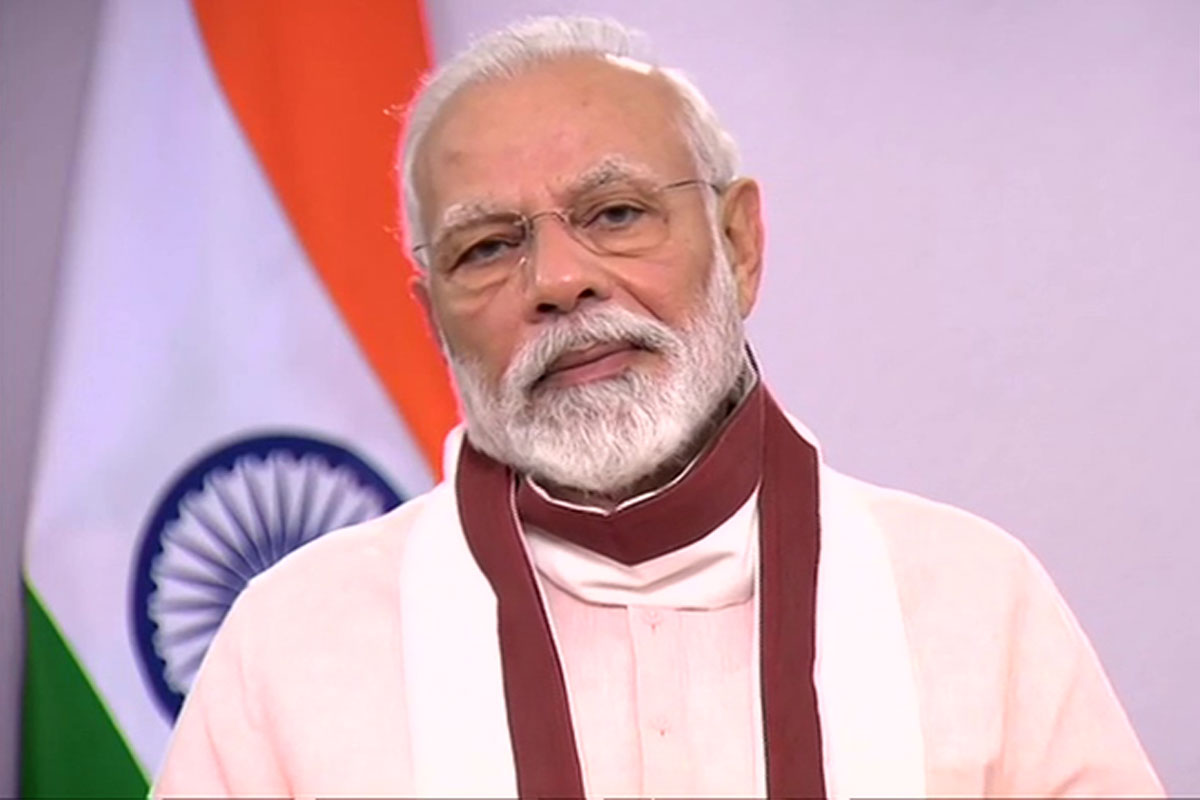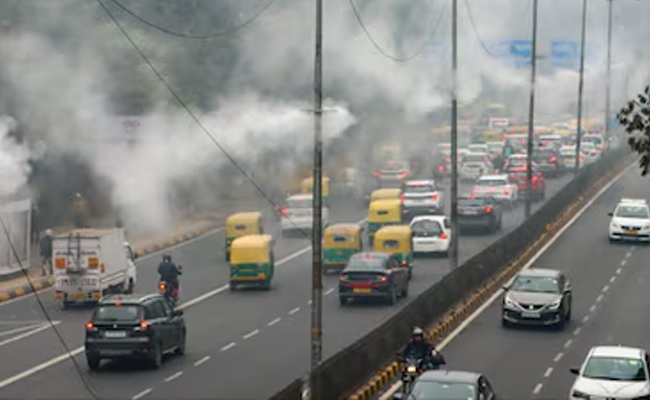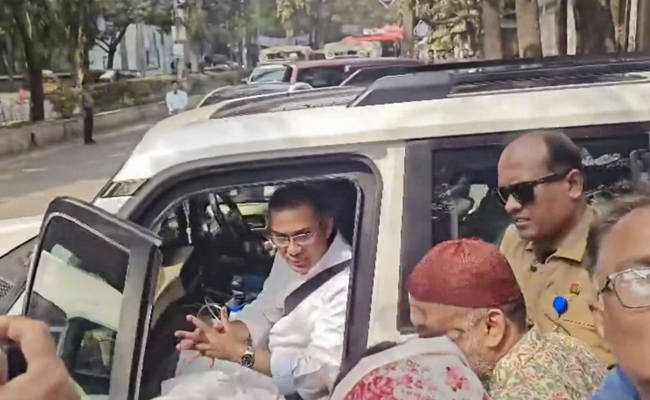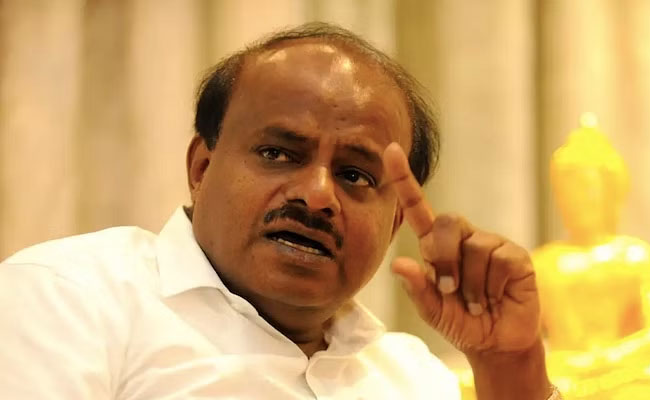Aligarh: Disappointed with the Modi government’s decision to repeal the farm laws, the Hindu Mahasabha’s official in Aligarh on Friday removed PM Modi’s photo from its office.
In a 30-second video that is being circulated across social media platforms, the office bearers are seen taking down the picture of PM Modi in their office and replacing it with a picture of Savarkar.
The officials however did not take down the picture of Union Home Minister Amit Shah which was also attached in the office.
ALSO READ: UAE Princess calls Zee News Anchor Sudhir Chaudhry 'terrorist'
Speaking to media reporters later, the national secretary of the organization Pooja Shakun Pandey took a dig at PM Modi for going back on his words and said “Jiski baat ek nahi, uska baap ek nahi.”
She also added that the Prime Minister had compromised with his principles to secure power.
Mahasabha's national spokesperson Ashok Kumar added that the organization had put up PM Modi's picture in its office after the scrapping of Article 370 in Kashmir.
"But the way the government has repealed the farm laws, it feels like the government is bowing down before terrorists. More protests will be held in the coming days against CAA and NRC, Article 370 and the government will bow down to them too. He has let down the country and that is why we have removed his photo. We don't need a person who can't keep his words," he told reporters.
पीएम मोदी द्वारा कृषि कानून वापस लेने की घोषणा के बाद अलीगढ़ में हिंदू महासभा ने नाराज होकर अपने कार्यालय से हटाई पीएम मोदी की तस्वीर.
— Shubhank Shukla (@Shubhank999) November 19, 2021
हिन्दू महासभा के पदाधिकारियों ने कहा- जिसकी बात एक नहीं, उसका बाप एक नहीं.@zoo_bear @vinodkapri @ajitanjum pic.twitter.com/IALkFCyeqk
हिंदू महासभा की राष्ट्रीय सचिव पूजा शकुन पांडेय ने पीएम मोदी को लेकर कहा- जिसकी बात एक नहीं, उसका बाप एक नहीं. pic.twitter.com/i1f8dgUTAM
— Shubhank Shukla (@Shubhank999) November 19, 2021
हिंदू महासभा के राष्ट्रीय प्रवक्ता अशोक कुमार ने पीएम मोदी को लेकर कहा- हमें ऐसे व्यक्ति की आवश्यकता नहीं है जो अपनी बात से पलट जाए pic.twitter.com/vdhnf4UxV3
— Shubhank Shukla (@Shubhank999) November 19, 2021
Let the Truth be known. If you read VB and like VB, please be a VB Supporter and Help us deliver the Truth to one and all.
New Delhi (PTI): The national capital on Sunday recorded a minimum temperature of 11.1 degrees Celsius, according to the India Meteorological Department (IMD).
The weather office has forecast mist during the day, with the maximum temperature expected to settle around 27 degrees Celsius.
Relative humidity was recorded at 89 per cent at 8.30 am.
Air quality in the city was recorded in the 'poor' category at 9 am, with an Air Quality Index (AQI) reading of 210, Central Pollution Control Board (CPCB) data showed.
According to the CPCB, an AQI between zero and 50 is considered 'good', 51 to 100 'satisfactory', 101 to 200 'moderate', 201 to 300 'poor', 301 to 400 'very poor', and 401 to 500 'severe'.





_vb_63.jpeg)